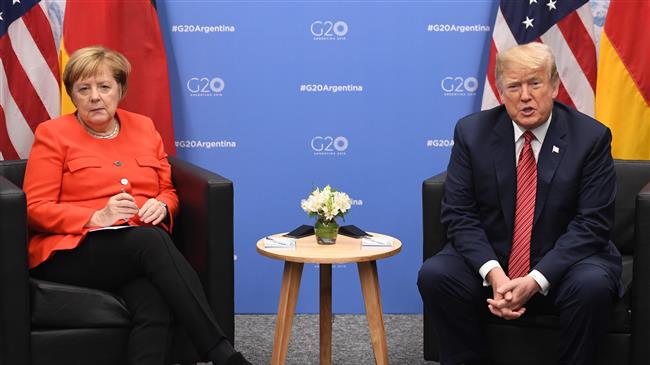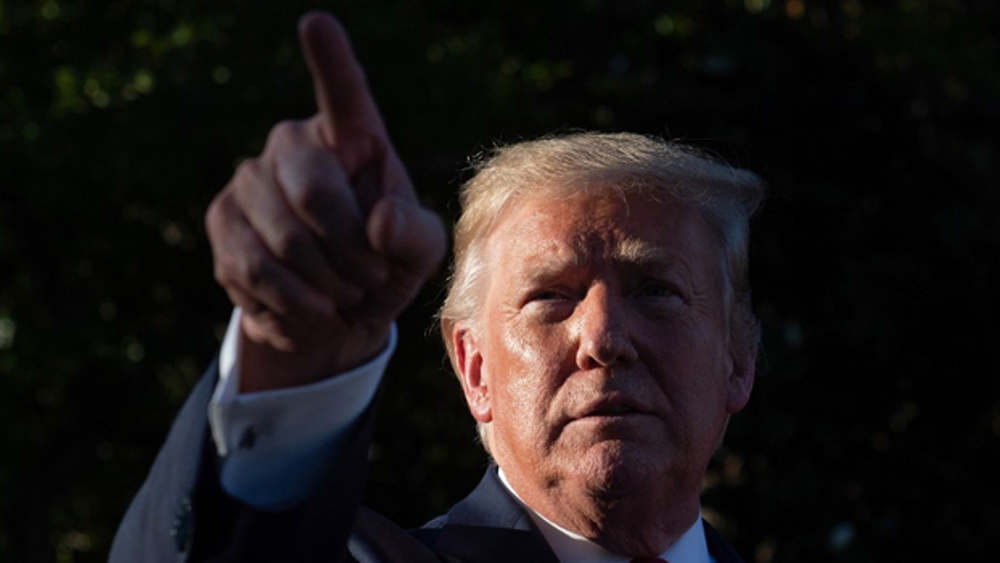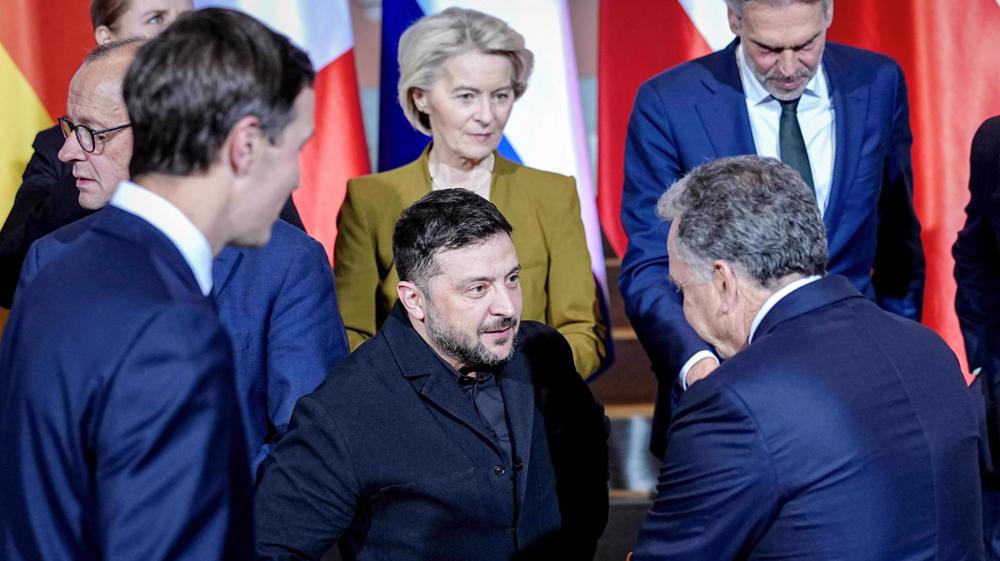US threatens German companies with sanctions on Russian gas imports
The United States has threatened German energy companies with possible sanctions over their dealings with Russia, after President Donald Trump warned that reliance on Russian energy makes Berlin a “captive” of Moscow.
Washington has long taken issue with Germany’s plans to import gas from Russia through the Nord Stream 2 pipeline, an $11 billion project that would carry Russian gas straight under the Baltic Sea.
The pipeline has also been criticized for depriving Ukraine, a staunch US ally, of lucrative gas transit fees.
US Ambassador to Germany Richard Grenell warned several German companies in a letter that they could face sanctions for the pipeline project under the Countering America's Adversaries Through Sanctions Act (CAATSA), the US embassy said Sunday.
"The letter reminds that any company operating in the Russian energy export pipeline sector is in danger under CAATSA of US sanctions," the embassy spokesman said, claiming there were other European states who also opposed the pipeline.
Germany and some other nations, have accused Washington of using the CATSAA to meddle in their foreign policy and energy affairs.
Signed into law by Trump in 2017, CAATSA imposes sanctions against primary targets Iran, Russia and North Korea and paves the way for secondary sanctions against those who trade with them.
The US embassy denied accusation by German newspaper Bild am Sonntag, which first broke the news of the letter, that Grenell was trying to blackmail German companies.
"The only thing that could be considered blackmail in this situation would be the Kremlin having leverage over future gas supplies," the embassy spokesman said, calling the letter a “clear message” rather than a “threat.”
Grenell’s letter took some in Chancellor Angela Merkel's government by surprise.

One German diplomat said Grenell, who was appointed recently by Trump, did not follow common diplomatic practices and that Berlin would raise the issue in future direct talks with US officials.
Juergen Hardt, foreign policy spokesman for the ruling conservative party in parliament, said the move was “unacceptable.”
He also took a swipe at Trump, arguing that the American head of state wanted to look “tough” in order to dodge questions about his alleged ties to Moscow.
Mr. Grenell, one may disagree with Nord Stream 2, however, to threat friends is a no go. This is our business. Feel free to take your #AmericaFirst policy together with your belongings, go home and help Mr. Trump build the wall. That’s your business.
— Frank Müller (@frankrhmueller) January 13, 2019
"If the US president thinks he has to publicly show he is getting tough on Russia in view of the many question marks regarding his relationship with Moscow, he should not thereby impair the relationship with his most important ally," Hardt explained.
Russian gas giant Gazprom is jointly implementing the Nord Stream with Western partners Uniper, Wintershall, Engie, OMV and Shell.
Despite being at odds over the 2014 reintegration of the Crimean Peninsula to Russia, Moscow and and have shown strong interest in the Nord Stream 2 project, which would double capacity of the existing Nord Stream 1 route.
German Foreign Minister Heiko Maas said Thursday the dispute over Nord Stream 2 could not be resolved through sanctions and that Europe and not Washington should decide European energy policies.
Iran’s ‘unsinkable carriers’: How Persian Gulf trio islands shape deterrence in Strait of Hormuz
Two killed in Israeli strikes in southern Lebanon in latest ceasefire violation
Pro-Israel donor urges Trump to seek unconstitutional third term
Yemen's Ansarullah leader urges Muslim action after Qur'an insult in US
FM: Iran's ‘strategic partnership’ with Russia basis for multilateral order
Iran summons Cyprus ambassador over meddlesome remarks on its islands
Trump orders ‘total blockade’ of sanctioned oil tankers to and from Venezuela
VIDEO | Press TV's news headlines











 This makes it easy to access the Press TV website
This makes it easy to access the Press TV website